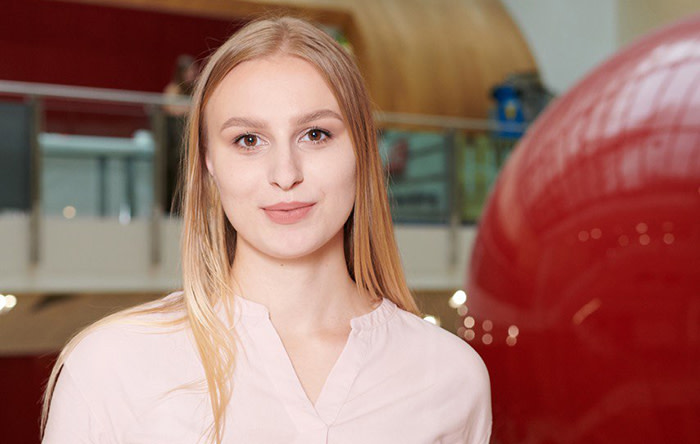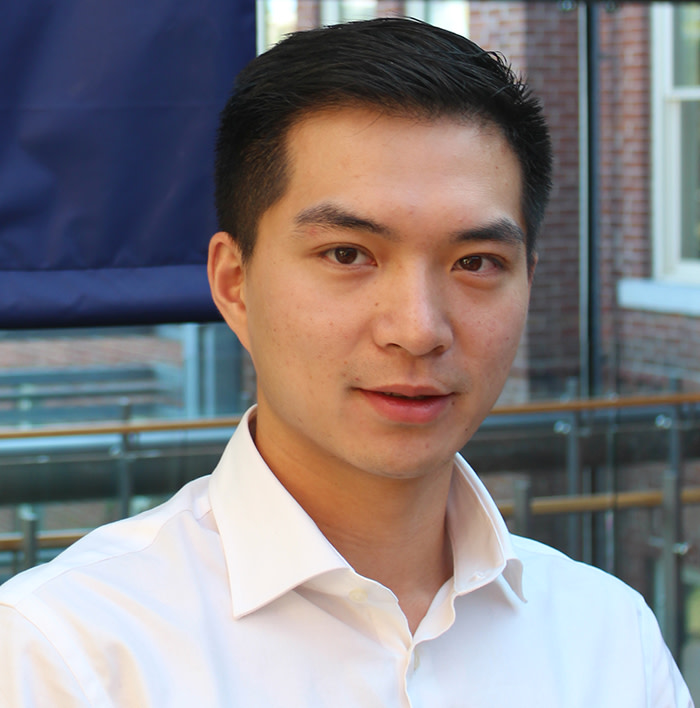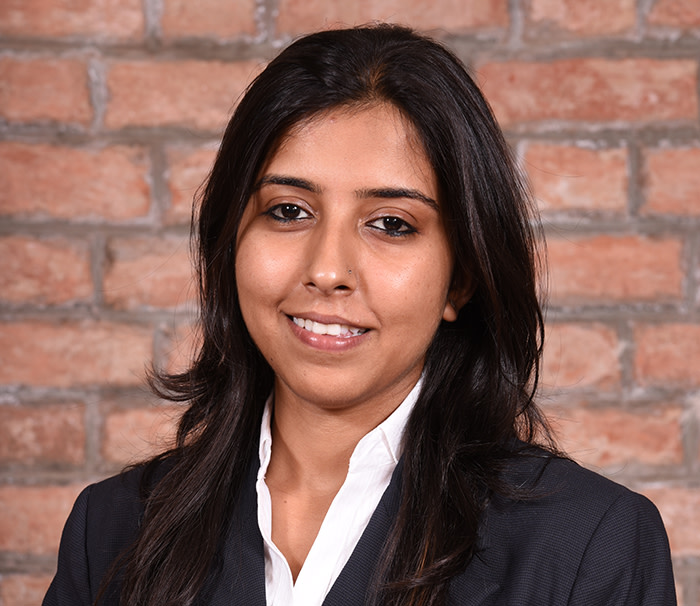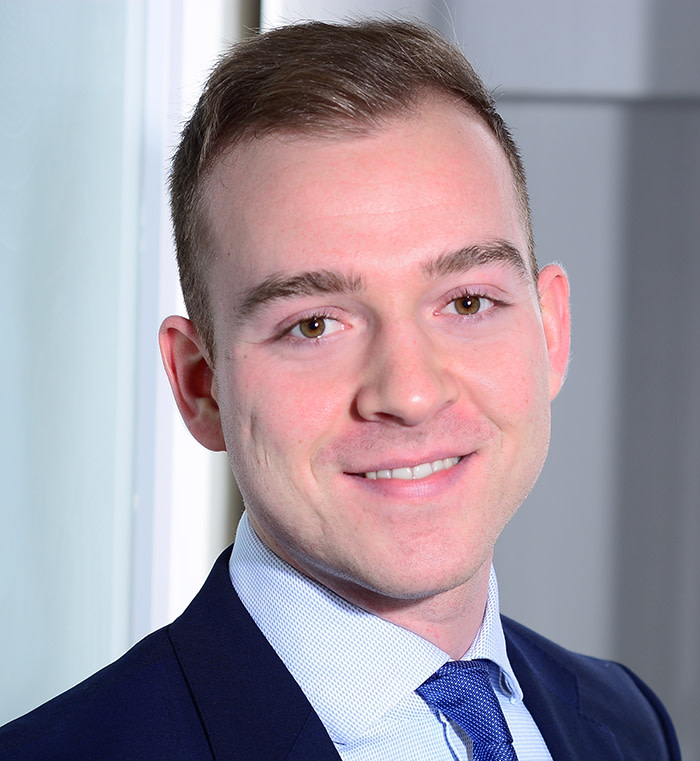Student views: making the most of a masters in management programme
Roula Khalaf, Editor of the FT, selects her favourite stories in this weekly newsletter.
Diana Filip
Romanian. Vlerick Business School, masters in international management and strategy, graduated 2018. Management trainee, Brussels Airlines, Brussels
What was the best thing about the masters in management course?

My highlight was working on an in-company consulting project in Ethiopia, an experience that shaped who I am today. Working in Ethiopia for two months is an adventure in itself; the reality is so different from a European country. We were asked to optimise the distribution channel of a fast-moving consumer goods company and create a go-to-market strategy for a new business unit. The programme was complex and the electricity and internet connection were limited, but this became irrelevant when we saw that we could make a real impact and our ideas were being implemented. Now, as a management trainee, I use so many skills that I gained at Vlerick: project management, problem-structuring, presentation skills, negotiating and networking. Brussels Airlines is going through a major change in strategy, and with my background I was offered the opportunity to be involved in shaping the direction of the company.
Ekaterina Senicheva
Russian. St Petersburg State University School of Management, MiM, graduated 2019. Job hunting, Moscow
How did taking the course help you in your career?

I was working for an HR consultancy and realised I wanted to move into IT and telecoms consulting. As I was changing industry, the masters has provided me with skills such as profit and loss, financial reports and basic economic concepts that I was lacking. St Petersburg was my number one choice; I knew the education would be world-class and it has the energy, it has the atmosphere — something many universities in Russia really lack. The most valuable thing has been the networking, both when I was at the home school and on the exchange programme, as the people are extremely ambitious and knowledgeable. They also have a mentorship programme, where alumni mentor and coach students. I’m still in touch with my mentor . . . she’s amazing and I can always count on her for any life or job issues.
Haozhe Zhao
Chinese. Queen’s University: Smith, Canada, master of international business, graduated 2018. Associate, Deloitte, Shanghai
What was your experience as an international student?

I did my bachelors degree in China, so when I moved to Canada it was hard to find work because I had no experience there. The diversity of the programme at Smith and the exchange opportunity appealed to me. My placement was in Germany, and I was referred to Deloitte — they invited me to do an internship in China after I graduated, then I was offered a job. I grew up in China and the way I think is influenced by my education there, so meeting people from different backgrounds was valuable. In China, teaching is more about what’s in the textbook but, in Canada, students were expected to participate. Before, when looking for jobs, I always thought about what I was capable of, what skills I had. Now I think of what I’m interested in; if it requires new skills, I work hard for that. I focus more on the job than myself.
Aprajita Sharma
Indian. Indian Institute of Management Ahmedabad, MiM (postgraduate diploma in management), graduated 2019. Boston Consulting Group, Mumbai
What impact did the course have on you?

The manner in which the two-year course is structured is very challenging and it constantly allowed me to be on my feet and push harder. Activities on campus are largely student-led, and that drives a sense of ownership and responsibility. The most important part has been the confidence I have gained, to be able to simplify and streamline my thoughts. With that, the ability to apply my mind, prioritise my actions, so that I can manoeuvre into any situation. I am not limited in my outlook; I no longer have to compromise on the things I want to do — I just have a better way of doing them. The college instilled this in me and helped me gain clarity on my career options. I joined Boston Consulting Group in May through the campus recruitment process. I remember when I started college I was struggling, but I realised there is nothing limiting you: you can push yourself, you set your own goals.
Maximilian Möller
German. HHL Leipzig, MiM, graduates in 2020
Why did you decide to do a masters in management rather than an MBA?

I had a bachelors degree in international management and wanted to go one step further. I researched entry-level jobs and salaries, and I could see the difference having a masters could make. I had a business background so did not necessarily need an MBA. The masters in management is a two-year programme; you have the opportunity to go abroad and complete multiple internships. I was really interested in HHL — it is famous in Germany. I wanted to learn about being an entrepreneur. Also, my parents have their own business, so I plan to be the successor. I liked the entrepreneurial focus of HHL, and it has a big network — you can connect with other entrepreneurs and successors. I am looking forward to flying to Japan to study at a partner school, and next spring seeing my peers to hear about their experiences abroad.
Comments